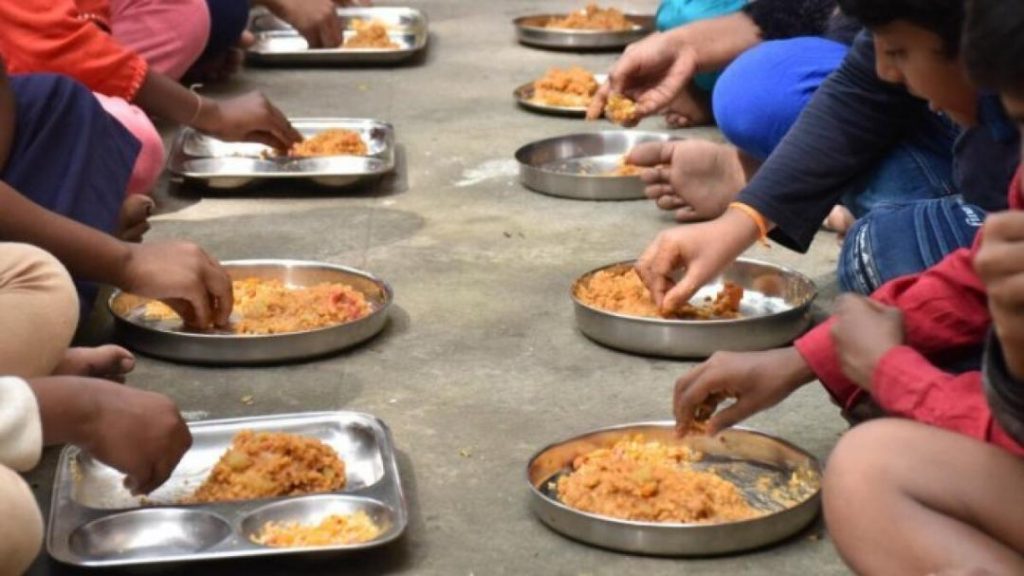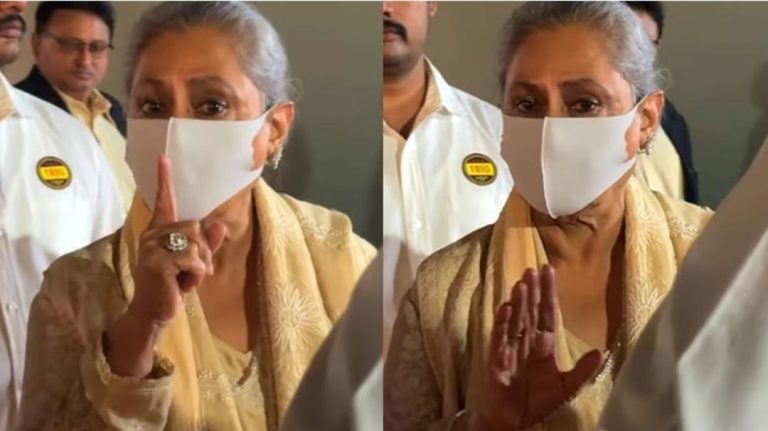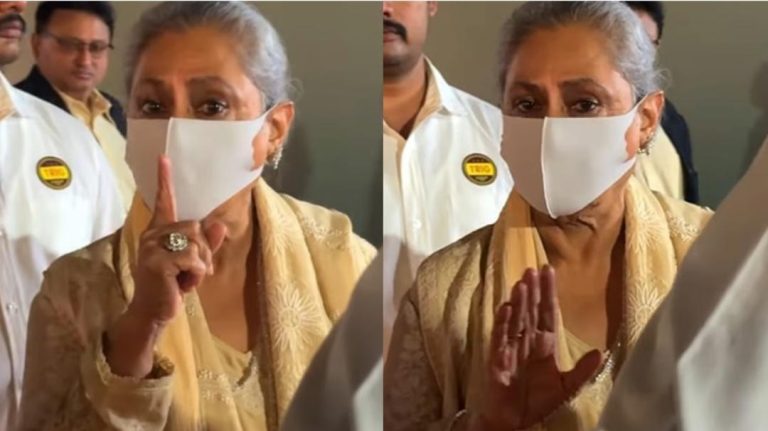
Bugs in our food: children’s plea over mid-day meal quality
A disturbing video has emerged from a government primary school in Tamil Nadu’s Kallakurichi district, showcasing the pathetic state of mid-day meals being served to students. The footage, which has gone viral, shows young children holding up worm-infested food, pleading with the state education minister for clean, safe meals. The video has sparked widespread outrage, highlighting the neglect and apathy towards the well-being of schoolchildren in the country.
The mid-day meal scheme, launched with the intention of providing nutritious food to underprivileged children, has become a symbol of neglect and disrespect for the very people it was meant to benefit. The video, which was captured by a local resident, shows a group of students from Class 3 to 5 holding up their plates, pointing to the worms and insects infesting their food. The children, looking exhausted and dejected, plead with the education minister to provide them with clean food.
The incident has sparked a nationwide debate on the quality of mid-day meals being served in government schools. The video has been shared widely on social media, with many people expressing shock and anger at the state of affairs. The incident has also raised questions about the monitoring and implementation of the mid-day meal scheme, which is meant to provide a hot, nutritious meal to over 12 crore children across the country.
The mid-day meal scheme was launched in 1995 with the aim of improving the nutritional status of schoolchildren and increasing their attendance and academic performance. The scheme is implemented by the government in partnership with NGOs and private organizations. However, the scheme has been plagued by issues such as poor quality of food, inadequate monitoring, and corruption.
The incident in Kallakurichi is just the tip of the iceberg. Similar instances of poor quality mid-day meals have been reported from various parts of the country. In 2019, a similar video emerged from a government school in Uttar Pradesh, showing children eating worm-infested food. In 2018, a report by the Comptroller and Auditor General (CAG) highlighted the poor quality of mid-day meals in government schools across the country.
The lack of accountability and oversight has led to the proliferation of substandard food being served to schoolchildren. The government has been criticized for its failure to monitor the quality of food being served and for not taking adequate action against those responsible for the poor quality of meals.
The impact of poor quality mid-day meals on the health and well-being of schoolchildren cannot be overstated. Children who are malnourished or suffer from poor health are more likely to fall behind in their studies, leading to a vicious cycle of poverty and disadvantage. The mid-day meal scheme is meant to be a safety net for these children, providing them with the nutrients they need to grow and develop healthily.
The government has promised to take action to improve the quality of mid-day meals. The education minister has ordered an investigation into the Kallakurichi incident and has assured that the students will be provided with clean and nutritious food. However, the government needs to go beyond just words and take concrete action to ensure that the mid-day meal scheme is implemented effectively.
The incident in Kallakurichi is a wake-up call for the government and civil society to take responsibility for the well-being of schoolchildren. It is imperative that we prioritize the health and nutrition of our children, providing them with the necessary resources and support to grow and thrive. The mid-day meal scheme is a critical component of this effort, and it is essential that we ensure that it is implemented effectively and transparently.
As the nation grapples with the fallout from the Kallakurichi incident, it is crucial that we remember the faces of the children who are affected by this issue. They are not just statistics or headlines; they are human beings who deserve our care, compassion, and support. It is our collective responsibility to ensure that they receive the nutritious meals they need to grow and develop healthily.






